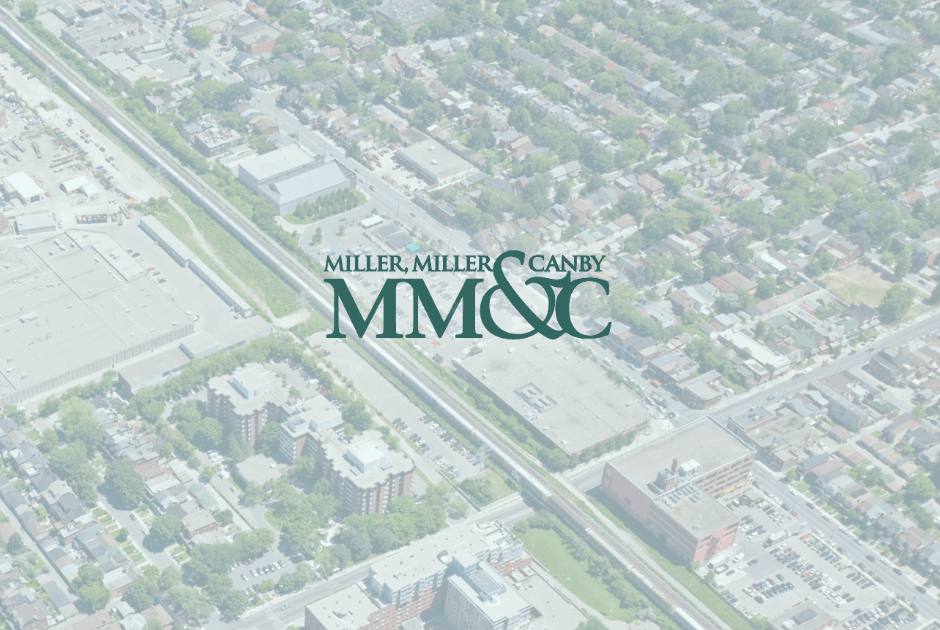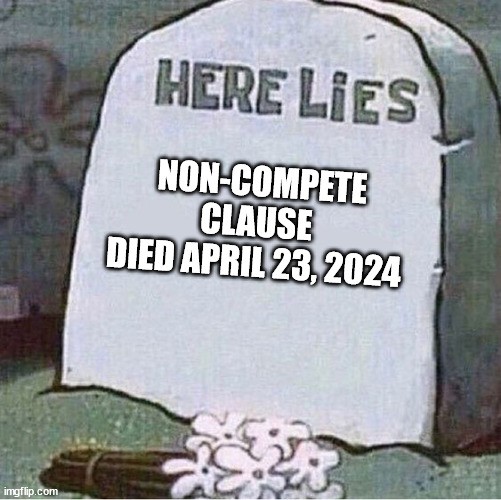The “use” clause and the “exclusive” clause are crucial provisions that arise in commercial lease negotiations which require careful and thorough attention from the perspective of both the landlord and tenant. The well-represented party must consider current and future business and legal issues in order to effectively negotiate these clauses and, more importantly, provide for meaningful remedies in the event of a breach.
There are two types of “use” clauses in commercial leases: permissive use clauses and restrictive use clauses.
Permissive Use Clauses
Permissive use clauses describe in the affirmative what the tenant can do in the leased space (e.g., “Tenant shall use the premises solely for the purpose of operating a burger restaurant selling burgers, shakes and fries…”). From the tenant’s perspective, the use clause should be as broad as permissible (e.g., “any lawful use”). The reason for this is that any uses which are not allowed are, by implication, not permitted. Therefore, tenants must negotiate language broad enough to allow flexibility for an evolving business. Also, broad language benefits tenants for future subletting or assignment of the space if a future sublessee or assignee will not have the same type of business as the current tenant. Landlords, on the other hand, will want to define the use of the leased space as narrowly as possible to maintain greater control over the space and to prevent any possible misuse.
Restrictive Use Clauses
Restrictive use clauses describe in the negative what the tenant cannot do in the leased space (e.g., “Tenant shall not use the premises for the purposes of selling burgers, shakes or fries…”). Again, tenant’s counsel will want to negotiate the narrowest restrictive use clause, if any are included, in order to allow the tenant the broadest possible right to use the space.
Why Use Clauses are So Important in Commercial Leases
Why do landlords insist on restrictive use clauses? First, like narrowly-drafted permissive use clauses, they allow the landlord the ability to maintain some control over the business of their tenants. Secondly, restrictive use clauses are tied to exclusive clauses which the landlord has previously negotiated with other tenants or which a landlord may wish to limit in order to maintain the desired tenant mix. Frequently, a landlord, to attract a prized tenant, grants a tenant the exclusive right to sell certain merchandise in a shopping center (e.g. sports apparel), or sell a type of food (e.g., coffee), or operate a certain type of business (e.g., a fitness studio).
Tenant’s counsel can assist in maintaining a broad use definition notwithstanding exclusive clauses or restrictive clauses by negotiating the right to perform certain restricted business uses in a limited manner (e.g., the activity is confined to a discrete floor area or is an ancillary use to the primary use).
It is also important for both landlords and tenants to enumerate the specific remedies available to either party in the event of a breach of a use or exclusive clause. These include injunctive relief, arbitration, termination, abatement of rent or money damages. To avoid disputes and litigation down the road, the parties should clearly draft permissive and restrictive use clauses.
Lastly, use restrictions may also be imposed by outside sources, such as zoning ordinances, covenants and restrictions affecting the landlord’s title to the property. Since zoning ordinances restrict the type of commercial operations permitted (e.g., industrial or manufacturing operations are normally limited to specified districts), it is in the benefit of both parties to determine whether the tenant’s use of the space is allowed under the applicable zoning ordinance. Prohibitions on use might arise from condominium association bylaws. A common example is a limitation in condominium bylaws on the total square footage that a certain types of business may occupy in a project (e.g., “not more than an aggregate of 10,000 square feet of space shall be used for auto body repairs, painting, finishing or related purposes”). If such restrictions exist, sophisticated tenants would benefit from the advice of experienced land use counsel with localized knowledge of such land use restrictions.
Miller, Miller & Canby has represented businesses and property owners for over 65 years. Please feel free to contact the real estate attorneys with Miller, Miller and Canby for a complete range of transactional and advisory services. For more information on the firm’s real estate practice, click here.








Share this Article: